Are you curious about the history of industry and innovation? These are the top industrial heritage museums in Saxony:
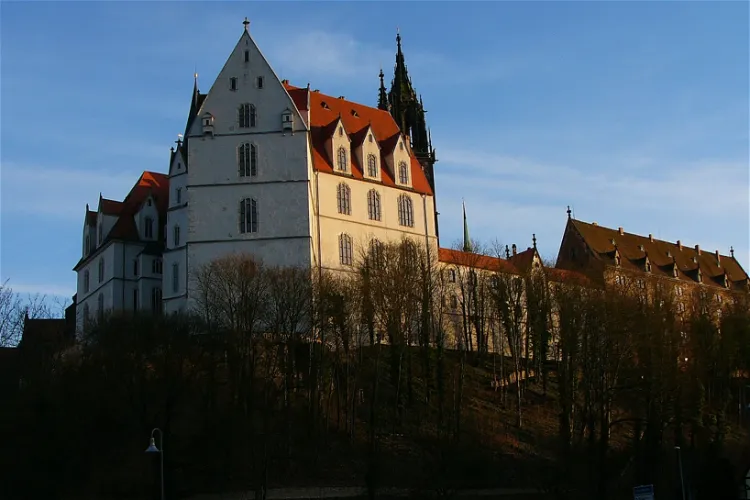
Albrechtsburg Castle
MeissenAlbrechtsburg is a late Gothic castle situated in the heart of Meissen, in the federal state of Saxony, Germany. This historic castle, with its rich history and architectural beauty, offers a unique glimpse into the past. It was built in the late Gothic period and has since been a significant landmark in the city. The castle's location in the city center makes it easily accessible for tourists.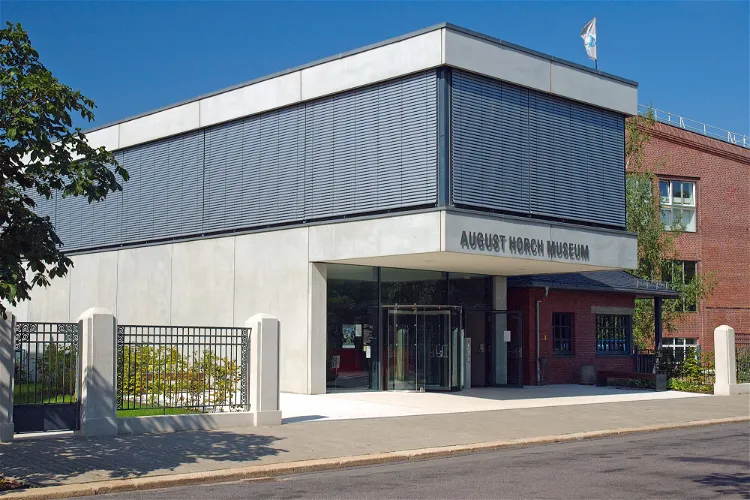
August Horch Museum
ZwickauThe August Horch Museum in Zwickau, an automobile museum, has a rich history dating back to its opening in 1988. After undergoing extensive renovations and reconstructions in the oldest part of the former Zwickau Audi factory, it was reopened in September 2004. The museum saw further expansion in November 2017, enhancing its offerings and space for exhibits.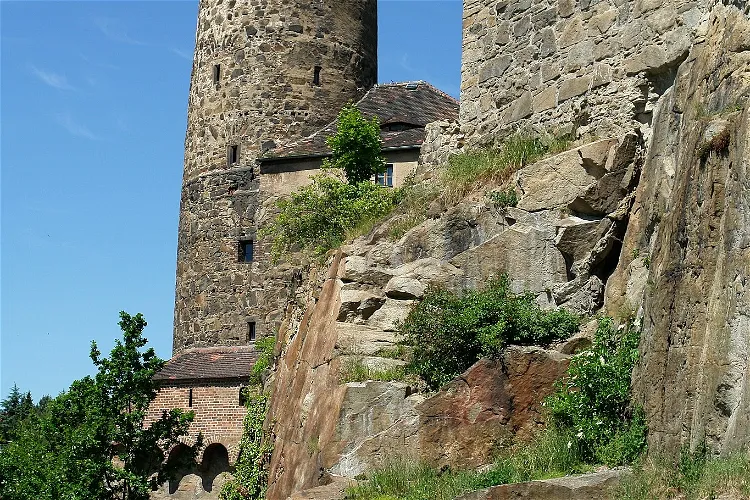
Old Waterworks Tower
BautzenThe Old Waterworks Tower, also known as Alte Wasserkunst, is a significant landmark in Bautzen. It is located on the edge of the old town, close to the Mühltor. The tower is situated by the Spree river, making it a prominent sight for visitors entering the city via the Peace Bridge. This historical structure, along with the nearby Michaeliskirche, is considered a symbol of the city.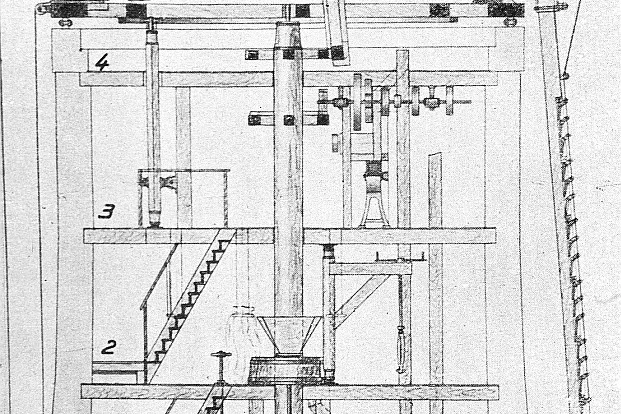
Holländerwindmühle Syrau
SyrauThe Holländerwindmühle Syrau in Syrau is the only Dutch windmill in Vogtland, Germany. This unique feature makes it a distinctive landmark in the region, offering visitors a glimpse into the historical and cultural significance of windmills in the area.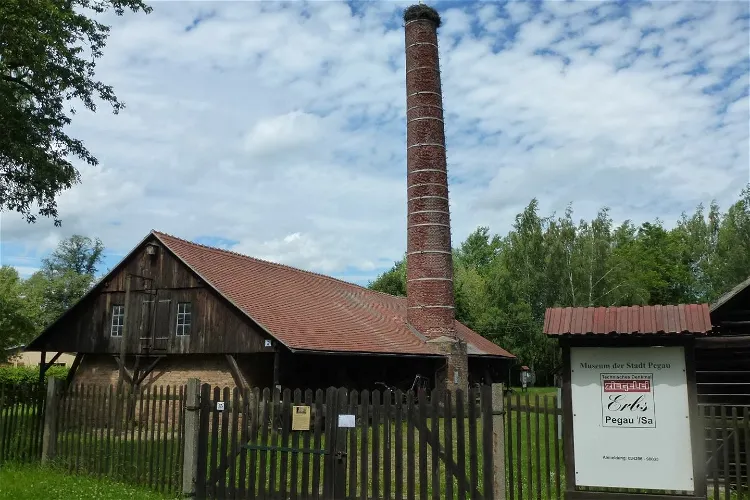
Technisches Denkmal Ziegelei Erbs
PegauThe Ziegelei Erbs in Pegau is a technical monument that serves as a museum. This historical site offers a unique insight into the early phase of industrial brick production. The brickyard is under monument protection and is affiliated with the Pegau Museum. With its preserved, subtly restored technical facilities and equipment, it demonstrates how bricks were made in the first half of the 20th century.
Transport Museum Dresden
DresdenWhat moves you - Dresden Transport welcomes you to an exciting time travel. Impressive locomotives, elegant vintage cars, adventurous flying machines, magnificent ship models and many active stations invite you to discover, to experience and to embark.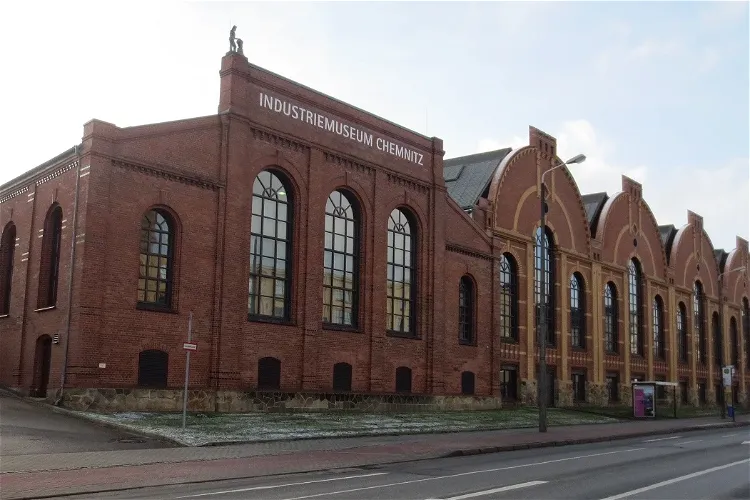
Industriemuseum Chemnitz
ChemnitzThe Industriemuseum Chemnitz is a significant repository of Saxony's industrial history. It is situated in a former foundry hall of the erstwhile tool machine factory Hermann and Alfred Escher AG. This location adds a unique historical context to the museum, making it a fascinating destination for those interested in the industrial past of the region.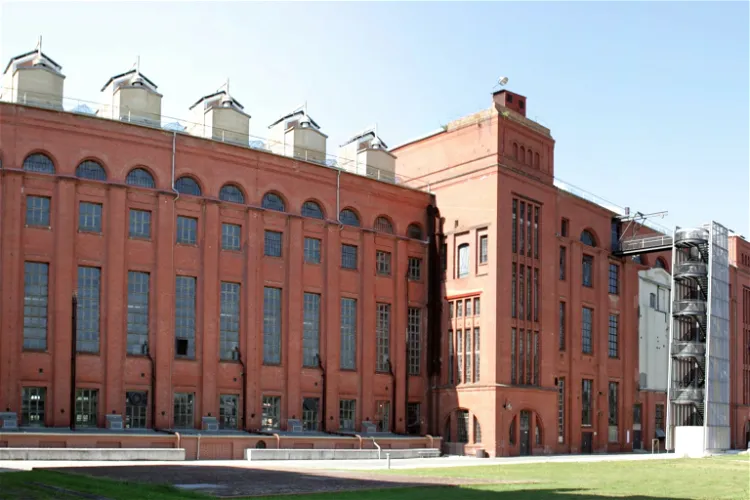
Knappenrode energy museum
HoyerswerdaThe Knappenrode Energy Factory, also known as Energiefabrik Knappenrode, is a significant part of the Saxon Industrial Museum. It is located in the eastern part of Saxony, specifically in the southeast of Hoyerswerda city center. The museum is situated on the grounds of the former Knappenrode briquette factory, which has been decommissioned and is now a protected monument.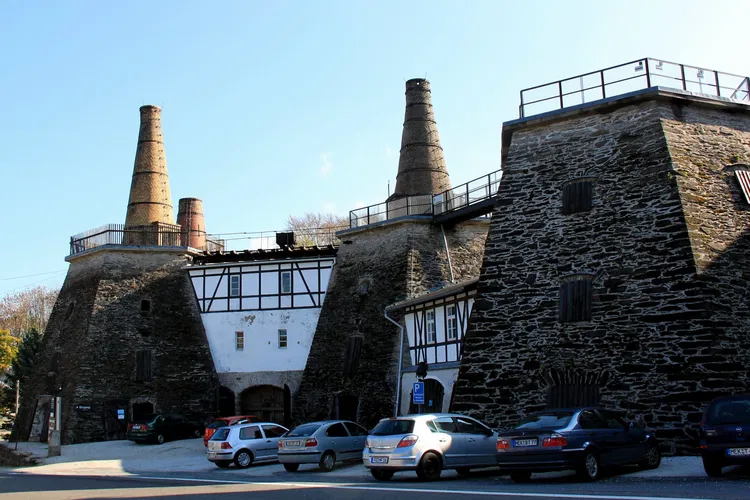
Lengefeld Lime Works
Pockau-LengefeldThe Lengefeld Lime Works, a former limestone mine, is situated in the southwest of Lengefeld in the Saxon town of Pockau-Lengefeld, nestled in the Ore Mountains. The mine was operational until 2016 when it was closed. Despite its closure, the site remains a significant part of the region's industrial history.
Ore Mountain Museum
Annaberg-BuchholzThe Ore Mountain Museum, situated in Annaberg-Buchholz, is a cultural hub that displays a variety of exhibits related to Ore Mountain folk art. The museum's collection includes a wide range of artifacts, with a particular emphasis on carving and bobbin lace works. These exhibits provide a unique insight into the region's rich cultural heritage and the artistic skills of its people.
Frohnauer Hammer
Annaberg-BuchholzThe museum complex of the Frohnauer Hammer includes not only the hammer mill itself, but also an exhibition of forged artefacts, a hand forge, a mechanical 'Christmas hill' (Weihnachtsberg), and a bobbin lace room. These features provide a comprehensive insight into the historical and cultural significance of the mill and its surrounding area.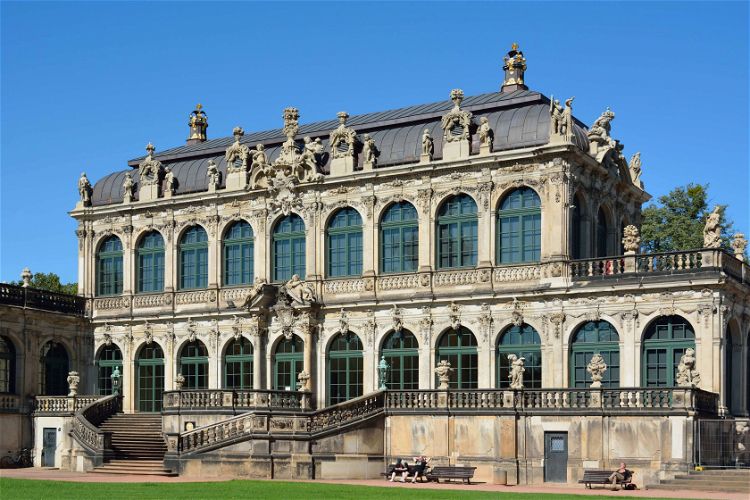
Royal Cabinet of Mathematical and Physical Instruments
DresdenRoyal Cabinet of Mathematical and Physical Instruments (Mathematisch-Physikalischer Salon) is a museum in Dresden that belongs to the Staatliche Kunstsammlungen Dresden. It is a museum of historic clocks and scientific instruments. The museum holds and exhibits a collection that includes globes, ast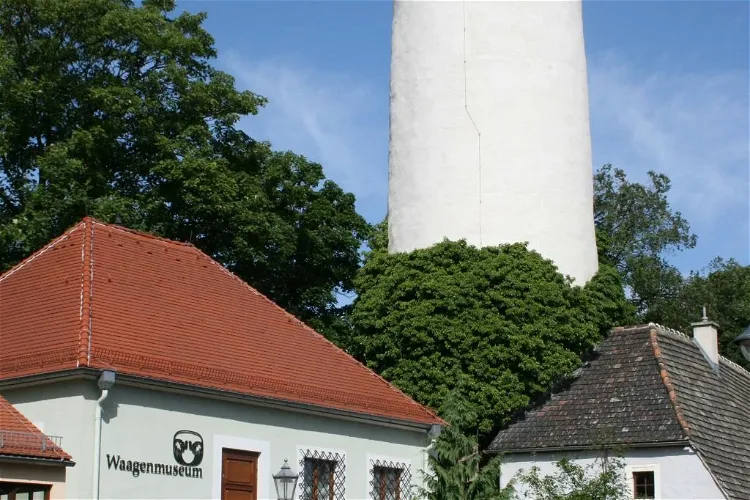
Stadt- und Waagenmuseum
OschatzThe Stadt- und Waagenmuseum Oschatz is a regional museum located in Oschatz, Saxony. It is unique in its offering as it also houses an exhibition dedicated to the development of scale construction. This exhibition traces the history of scales from their earliest forms to the modern electronic weighing devices. This makes it a fascinating destination for those interested in the history of technology and industrial development.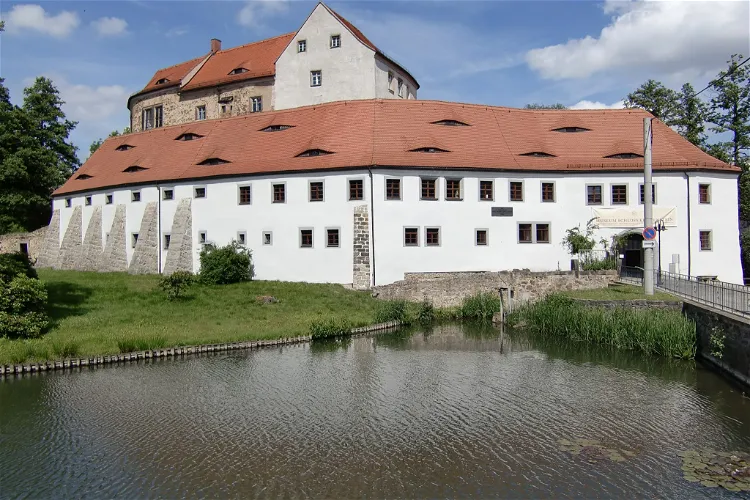
Museum Schloss Klippenstein
RadebergSchloss Klippenstein, located in Radeberg near Dresden, is a protected monument that has been standing since December 1953. This historical site offers a glimpse into the past and is a significant part of the city's heritage.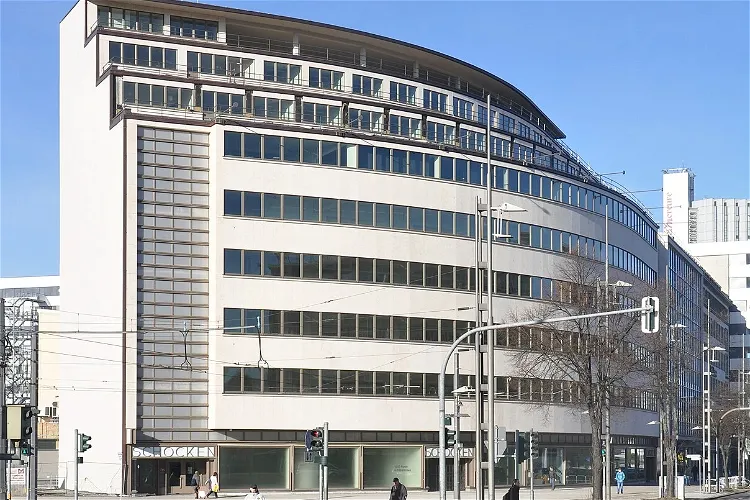
State Museum of Archaeology Chemnitz
ChemnitzThe State Museum of Archaeology Chemnitz, abbreviated as smac, is the archaeological-cultural state museum of the Free State of Saxony. It was inaugurated on May 15, 2014, and is housed in the former Schocken department store. This museum is a successor institution to the State Museum of Prehistory Dresden and is part of the State Office for Archaeology Saxony.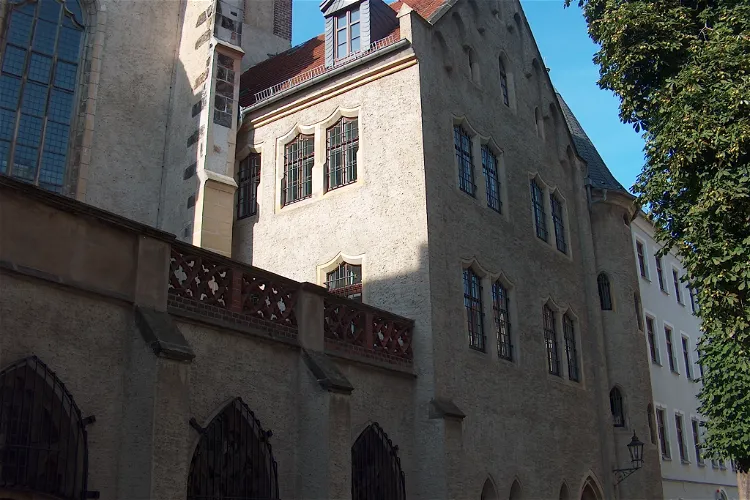
city museum meissen
MeissenThe City Museum Meissen is housed in the Neo-Gothic House, the cloister, and the former Church of St. Peter and Paul of the Franciscan Monastery at Heinrichsplatz in the old town of Meissen. These historic buildings not only provide a unique setting for the museum but also add to the overall experience of exploring the rich history and culture of Meissen.
Deutsches Damast- und Frottiermuseum
GroßschönauThe Deutsches Damast- und Frottiermuseum in Großschönau offers a unique insight into the local textile history. Visitors can see functional, historical Großschönau looms used for canvas, damask, jacquard and terry cloth. This provides a tangible connection to the past and allows visitors to understand the intricate processes involved in textile production.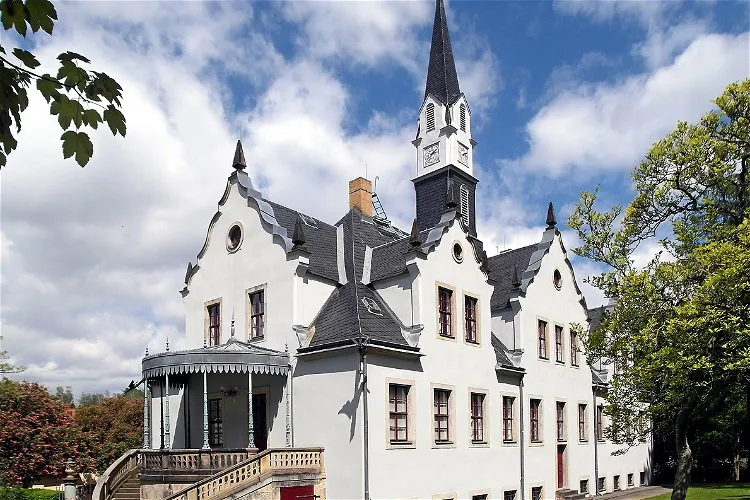
Städtische Sammlungen Freital auf Schloss Burgk
FreitalSchloß Burgk is a Saxon castle located in Burgk, which is part of the municipality of Freital, in the district of Saxon Switzerland-East Ore Mountains. This historical site offers a glimpse into the architectural style of the Renaissance period, with its characteristic scroll gables. The castle has been restored in the 19th century, preserving its historical charm and significance.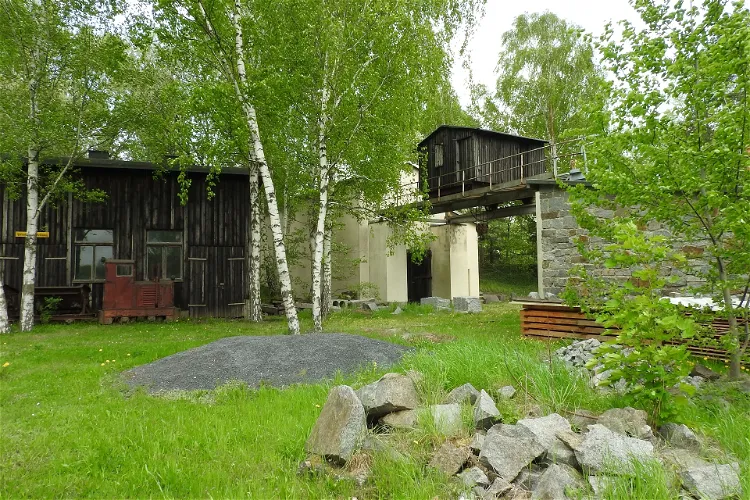
Schauanlage und Museum der Granitindustrie
HaselbachtalThe museum offers a comprehensive view of the production process from extraction to processing and loading. Visitors can see a functional stone splitting machine, a cable crane system, various derrick cranes, and a large stone gang saw. These exhibits provide a hands-on understanding of the granite industry's operations.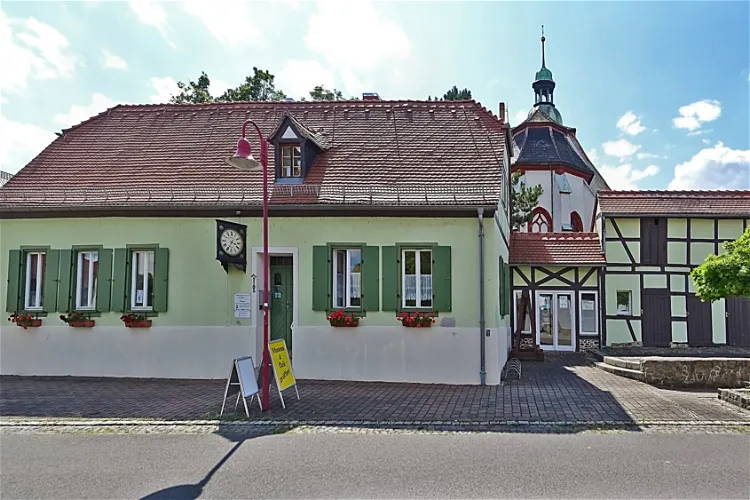
Naunhof Tower Clock Museum
NaunhofThe Naunhof Tower Clock Museum, located at Ungibauerstr. 1 in the municipality of Naunhof, was established in 1995 by the Förderverein Turmuhrenmuseum Naunhof e.V., an association that has been in existence since 1991. This museum is a testament to the history of timekeeping, with a collection that spans four centuries.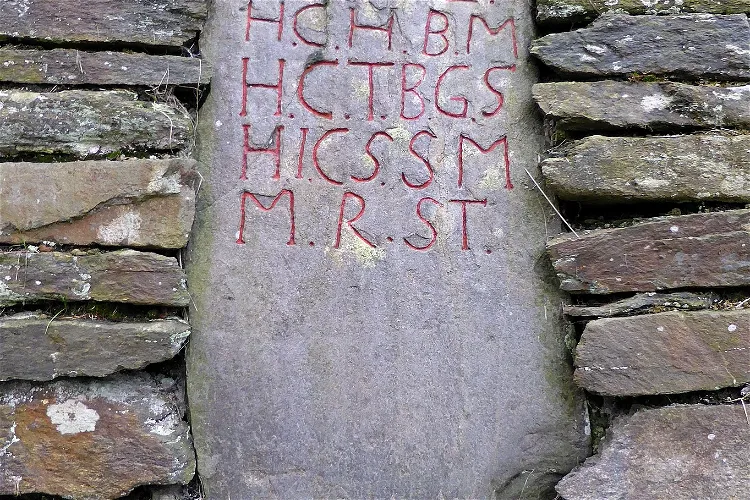
Molchner Stolln
MarienbergThe Molchner Stolln, located in Pobershau, is a show mine that was developed from an abandoned silver and tin ore mine. This historical site offers a unique insight into the mining history of the region, allowing visitors to explore the underground workings of the mine and learn about the extraction processes of silver and tin ore.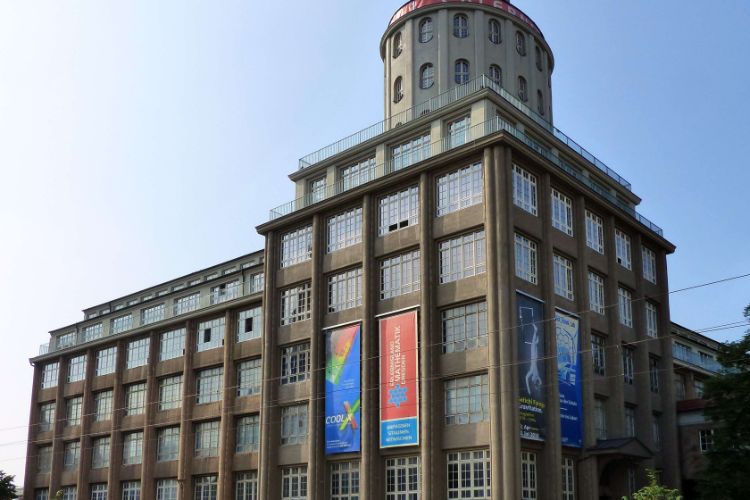
Dresden Museum of Technology and Industry
DresdenThe Dresden Museum of Technology and Industry (Technische Sammlungen Dresden) is a museum in Dresden that is dedicated to the recent history of Dresden's economy. The museum houses and exhibits an extensive technical collection on around 6000 m² of exhibition space. The main themes in the Dresden Mu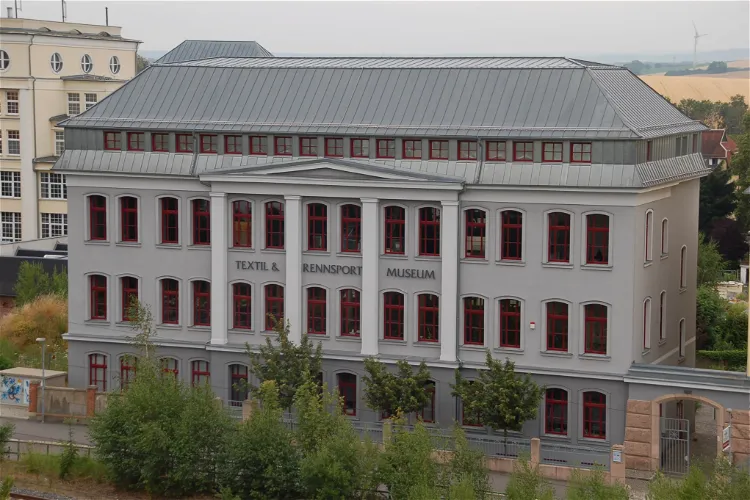
Textil- und Rennsportmuseum TRM
Hohenstein-ErnstthalThe Textil- und Rennsportmuseum (TRM) in Hohenstein-Ernstthal is a unique museum that was established in the 1990s. It is housed in a five-story factory building that once belonged to the former textile company C. F. Jäckel. This historical setting adds a unique charm to the museum and provides a glimpse into the industrial past of the region.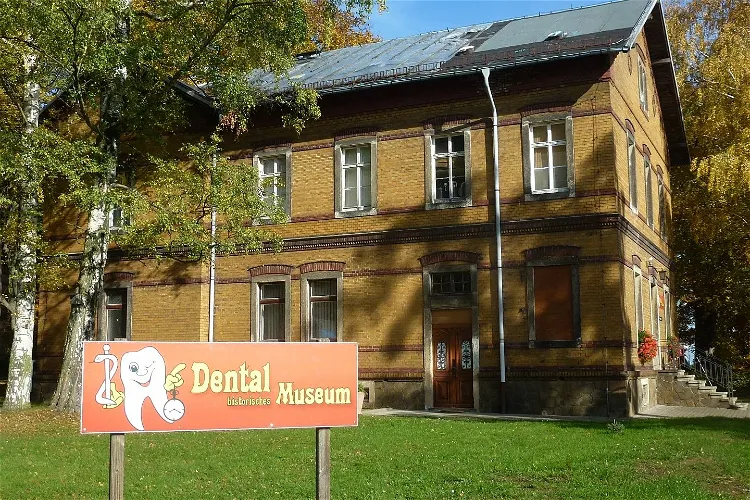
Dental Museum
ColditzThe Dental History Museum in Zschadraß, a district of Colditz (Leipzig district, Saxony), is a unique institution that combines the science and history of dentistry. It offers a comprehensive look into the evolution of dental practices and technologies, making it an interesting destination for those interested in medical history.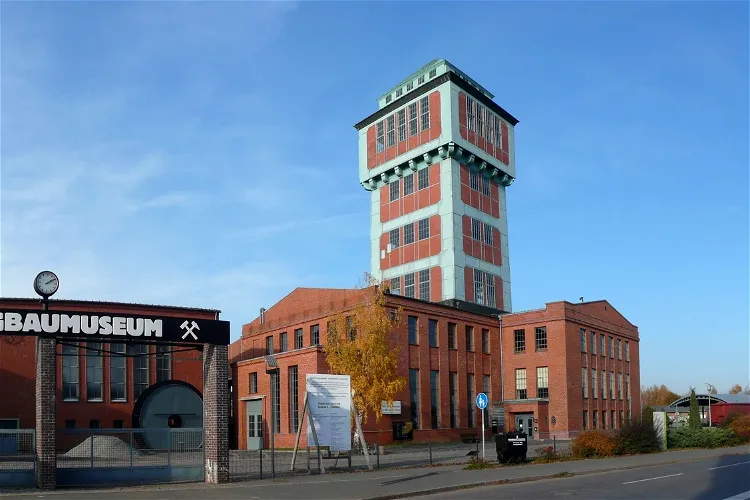
Mining Museum Oelsnitz - Erzgebirge
OelsnitzThe Mining Museum Oelsnitz/Erzgebirge is situated in the former coal mine known as "Karl Liebknecht" in the city of Oelsnitz/Erzgebirge. This location provides a unique setting for the museum, offering visitors a chance to explore the history and workings of a real coal mine.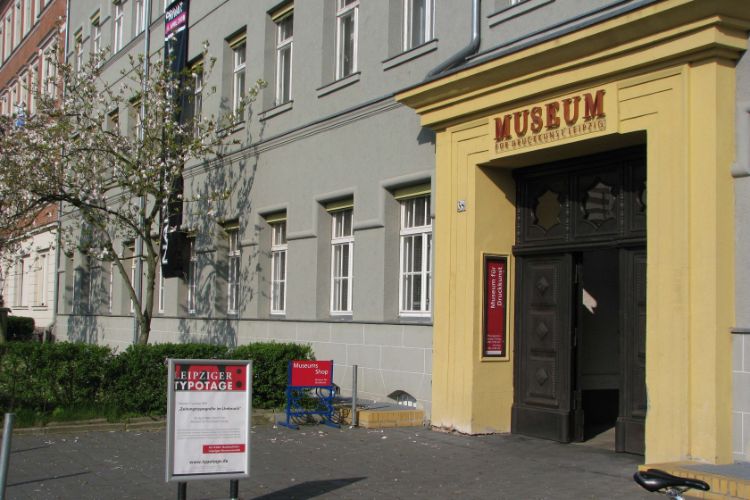
Museum of the Printing Arts Leipzig
LeipzigThe Museum für Druckkunst (Museum of the Printing Arts Leipzig) is a museum in Leipzig that keeps the traditions of the city of bookmaking and publishing alive. All appliances, tools and machines are presented as vivid, working demonstrations of a wide range of techniques with hands-on experimentati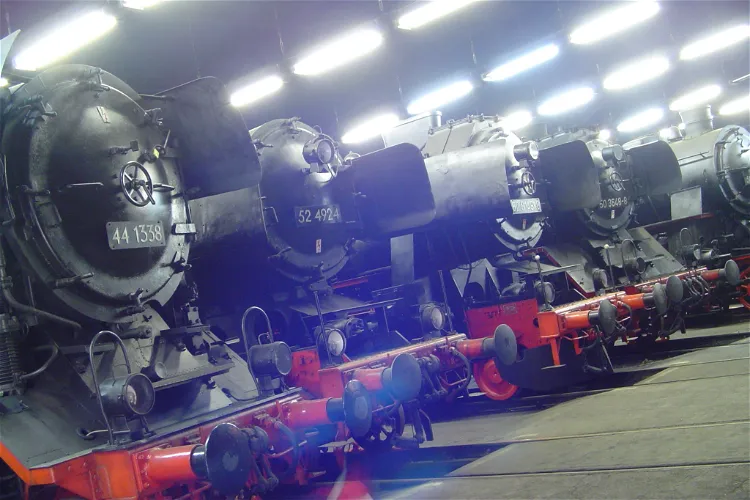
Saxon Railway Museum
ChemnitzThe Saxon Railway Museum, located in Chemnitz, is a historical site that houses a collection of railway vehicles. The museum is situated on the grounds of the former railway depot Chemnitz-Hilbersdorf, adding to its historical significance. Visitors can explore the rich history of railway transportation and get a close look at the various types of railway vehicles that were once operational.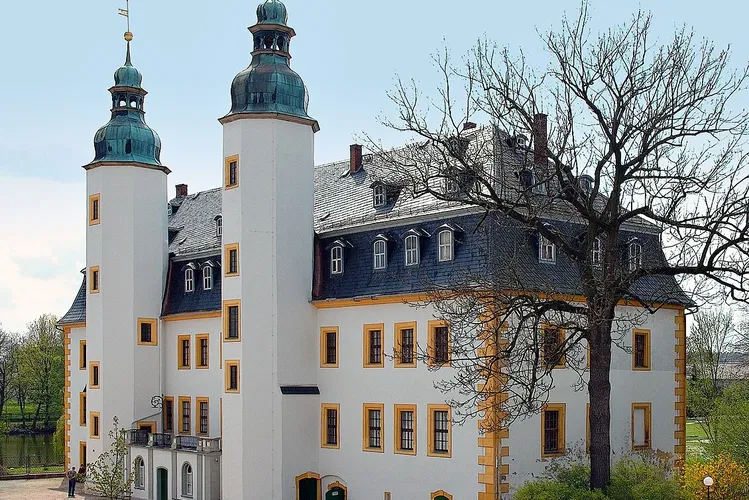
Blankenhain Castle
CrimmitschauBlankenhain Castle, situated near Crimmitschau, is a historical site that was once part of a knight's estate. Today, it houses the German Agricultural Museum, making it a unique museum complex in Germany. This combination of history and agriculture provides a fascinating insight into the country's past and its agricultural practices.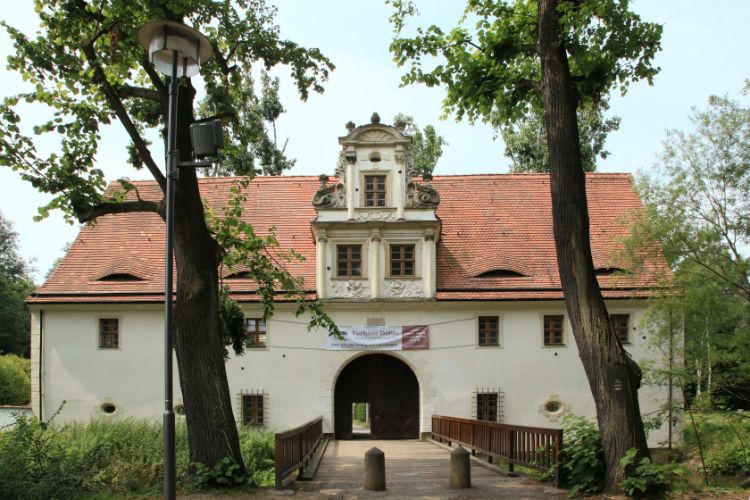
Torhaus Dölitz
LeipzigThe Torhaus Dölitz (Gatehouse Dölitz) is the remnant of a noble residence, the castle Dölitz. Large parts of Dölitz Castle and with it the gatehouse were built in the 17th century. The gatehouse contains a tin figure museum, the collection is one of the three largest publicly accessible worldwide wi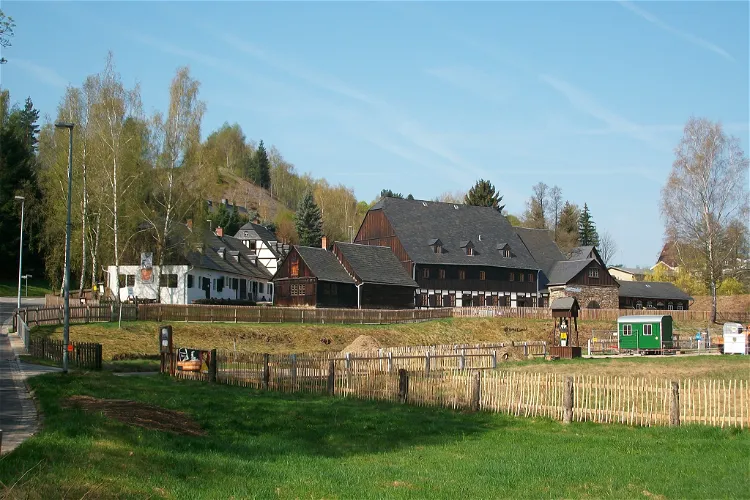
Technisches Museum Siebenschlehener Pochwerk
SchneebergThe Siebenschlehener Pochwerk, located in the Schneeberg district of Neustädtel, is a monument of significant historical importance. It was a crucial tool in the processing of cobalt, silver, and nickel ores that were mined in this region of the Ore Mountains. This makes it a fascinating site for those interested in the history of mining and ore processing.
Railway Museum
DresdenEisenbahnmuseum Bw Dresden-Altstadt is a railway museum in Dresden. It is located at The Bahnbetriebswerk Dresden-Altstadt, a former railway depot in Dresden. of which only a few parts of the original facility exists. The actual stock of the Dresden-Altstadt Railway Museum includes various steam loc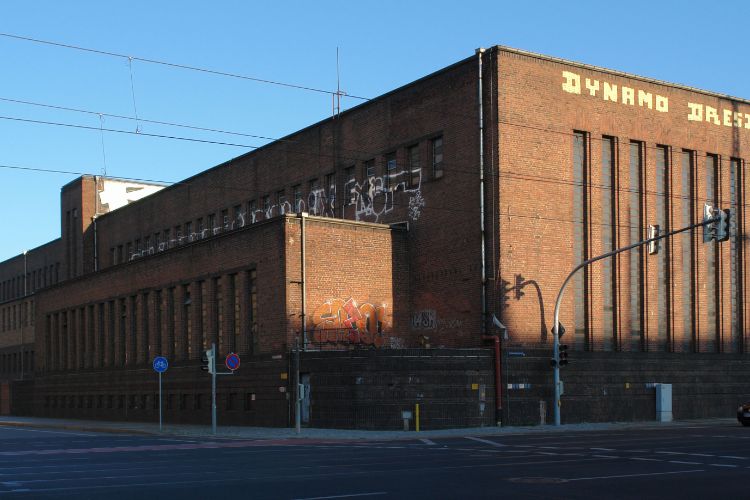
Dresden Energy Museum
DresdenKraftWerk - Dresden Energy Museum is a technical museum in Dresden that is located in the mechanical workshop of the old central heating power plant.The main themes of the exhibitions in the Dresden Energy Museum are the supply history of Dresden with electricity, city gas, district heating and wate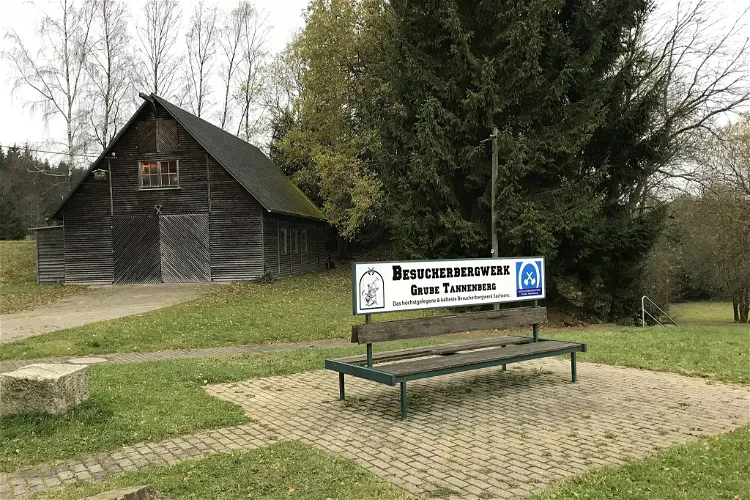
Besucherbergwerk Grube Tannenberg
SchneckensteinThe Tannenberg mine, located south of Tannenbergsthal in the district of Schneckenstein, is a former tin mine in the Saxon Vogtland. Today, it serves as a visitor mine, offering tourists a unique opportunity to explore the history and workings of a traditional tin mine.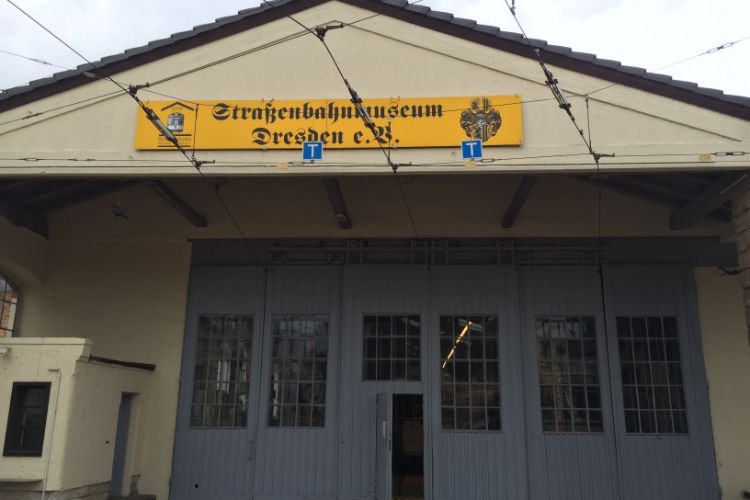
Strassenbahnmuseum
DresdenThe Strassenbahnmuseum (Tram Museum) is a museum in Dresden that holds and exhibits a collection of museum trams, most of which are old vehicles of the Straßenbahn Dresden (Dresden tramway). The collection of the museum contains more than 30 vehicles in the collection. The tram museum is located on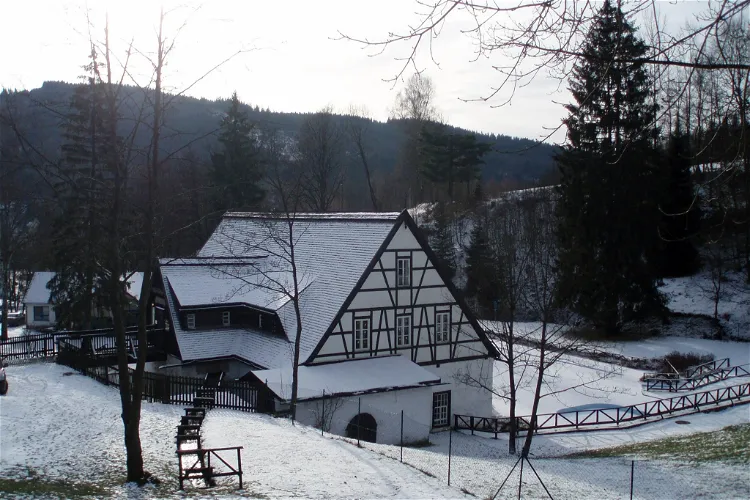
Technisches Museum Silberwäsche
AntonsthalThe Silberwäsche is a technical museum that is situated in the Antonsthal district of the municipality of Breitenbrunn/Erzgeb. in the Erzgebirgskreis in Saxony. This location is rich in history and offers a unique insight into the technical aspects of the region's past.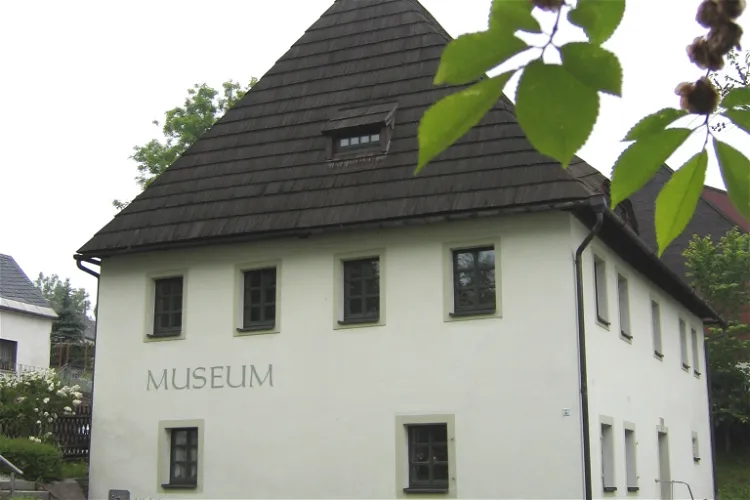
Glassworks Museum of the Ore Mountains
DittersbachThe museum offers a comprehensive display of the Ore Mountain glassmaking history. It features a glassworks from the time of Georgius Agricola, a workshop room, and other written and material witnesses. Additionally, it provides insights into the history of Neuhausen and Purschenstein Castle. This makes it an informative destination for tourists interested in glassmaking and local history.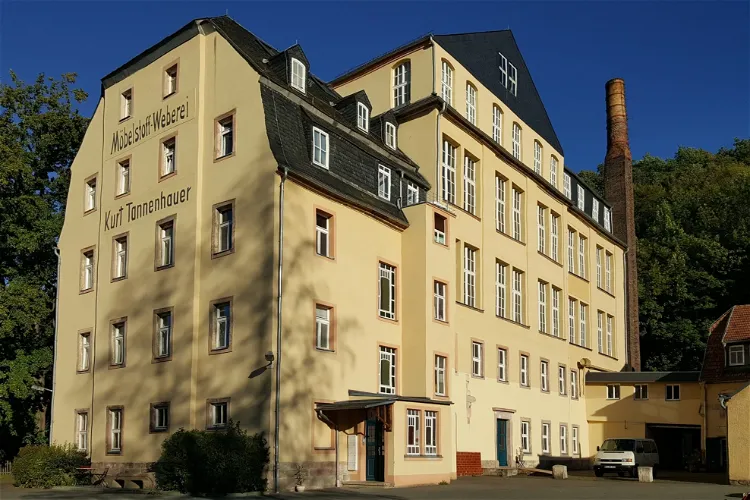
Historische Schauweberei
BraunsdorfThe Historische Schauweberei in Braunsdorf, a district of Niederwiesa, is a museum dedicated to the textile industry. This historical site is a protected monument, offering visitors a glimpse into the rich history of textile production in the region. The museum is housed in a building complex that was built around 1800 and has since undergone several changes in ownership and production.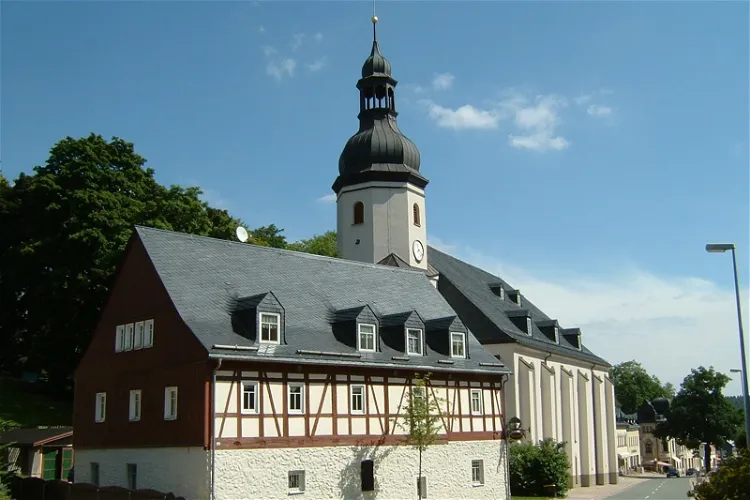
Bürsten- und Heimatmuseum
SchönheideThe Bürsten und Heimatmuseum Schönheide is conveniently located in the heart of Schönheide, adjacent to the Martin Luther Church. This central location makes it easily accessible for tourists visiting the town. The museum is housed in a half-timbered house that was originally built in 1657 as a school, adding a layer of historical significance to the site.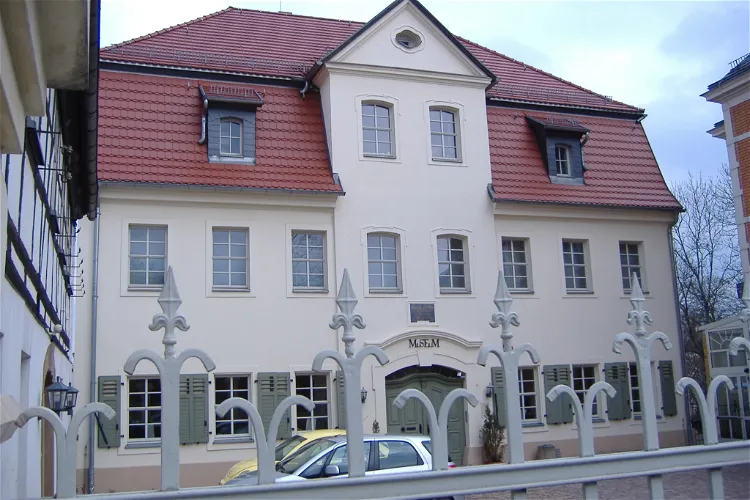
City and steam engine museum
WerdauThe City and Steam Engine Museum Werdau offers a unique insight into the city's history and local industrial heritage. It houses one of the largest collections of Fraureuther porcelain in Germany, making it a significant destination for those interested in ceramics and industrial history. The museum's exhibits include various displays and models that provide a comprehensive overview of Werdau's past.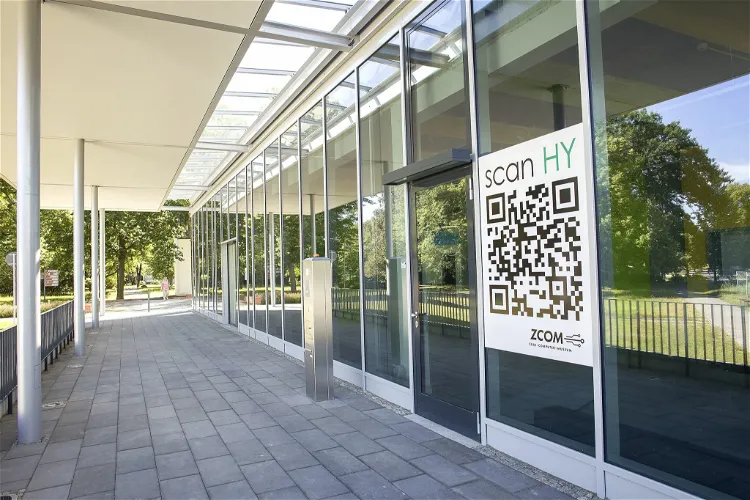
ZCOM Zuse-Computer-Museum
HoyerswerdaThe ZCOM – Zuse-Computer-Museum, previously known as Konrad-Zuse-Computermuseum, is located in Hoyerswerda. It is home to significant works by Konrad Zuse, a pioneer in the field of computer technology. Visitors to the museum can explore these works and gain a deeper understanding of Zuse's contributions to the world of computing.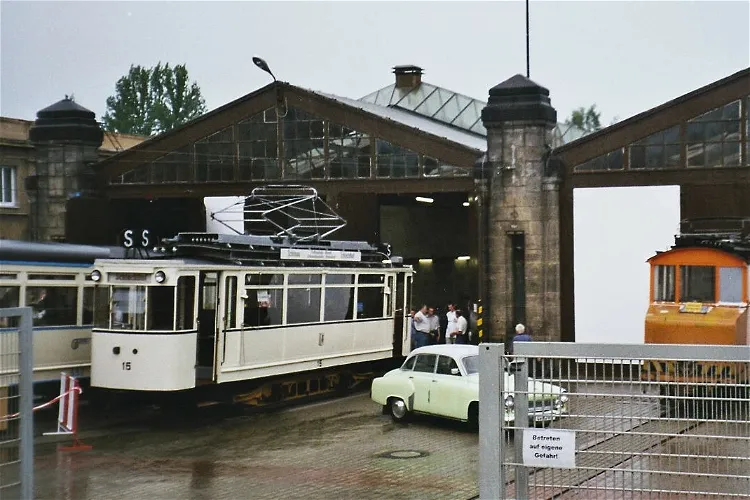
Straßenbahnmuseum
ChemnitzThe Straßenbahnmuseum is a transport museum that focuses on the history of trams. Visitors can expect to see a variety of exhibits, including rail vehicles and tram-related equipment. The museum also houses theme-related items such as network maps, tickets, timetables, and other historical documents. Additionally, uniforms and models are part of the collection, providing a comprehensive overview of tram history.
Museum of Saxon vehicles e.V.
ChemnitzThe Museum for Saxon Vehicles, also referred to as the Vehicle Museum Chemnitz, is a unique destination for automobile enthusiasts. It houses a collection of bicycles, motorcycles, and cars, with a special focus on the history of Saxon vehicle construction. The museum is located in the historic Stern Garages, one of the oldest preserved multi-storey garages in Germany, adding to its charm and historical significance.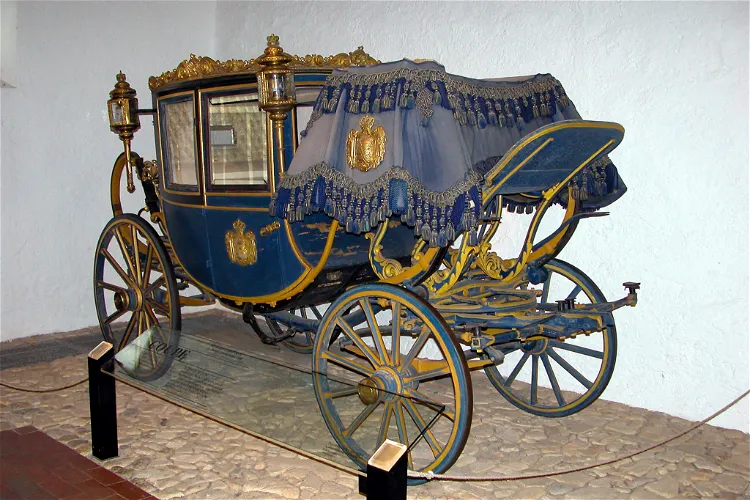
Kutschenmuseum im Schloß Augustusburg
AugustusburgThe Kutschenmuseum, or Carriage Museum, is a unique institution that specializes in the display and preservation of historical carriages. Visitors can explore a wide range of carriages from different periods, offering a fascinating insight into the history of transportation and society.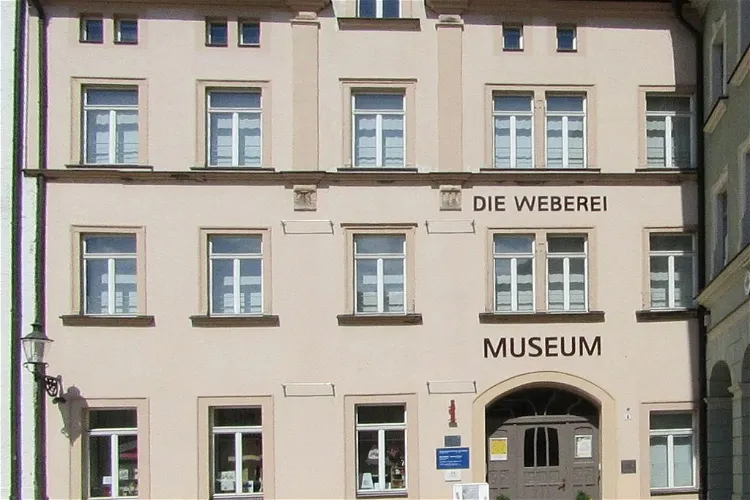
Die Weberei - Museum Oederan
OederanThe DIE WEBEREI | Museum Oederan is a unique collection that showcases the rich history of Saxon weaving. Located in the quaint town of Oederan, the museum offers a deep dive into the evolution of this craft and industry. Visitors can explore the museum's extensive collection, which spans centuries of weaving history, and gain a deeper understanding of the role this craft played in the region's cultural and economic development.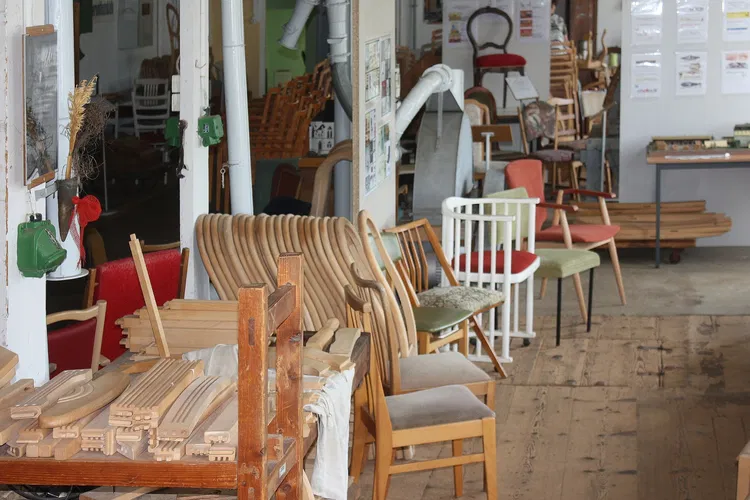
technisches Museum "Alte Stuhlfabrik"
DittersbachThe Technisches Museum "Alte Stuhlfabrik" is a museum situated in Neuhausen/Erzgeb, at Bahnhofstraße 20–24. This location is easily accessible and provides a unique opportunity to explore the history of furniture production in the region.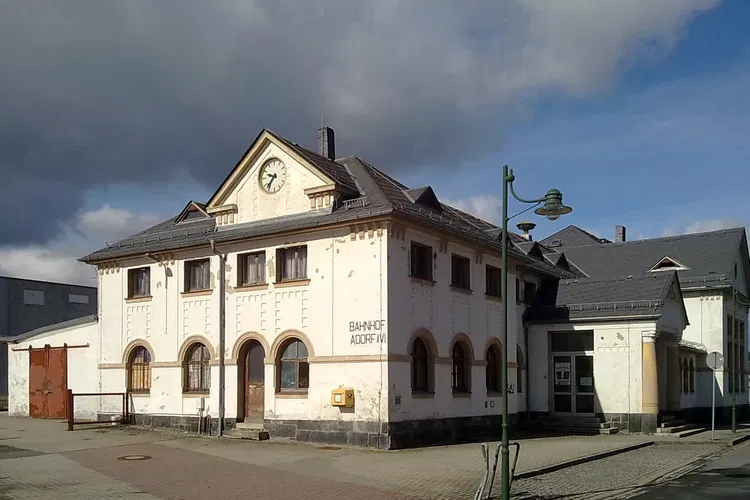
Adorf (Vogtl) station
Adorf/VogtlandThe Bahnbetriebswerk Adorf, a railway depot, originated from the Adorf locomotive station. This was established after the construction of a six-stand heating house from 1877 to 1880. The depot is a testament to the town's rich railway history and offers a unique insight into the workings of a 19th-century railway facility.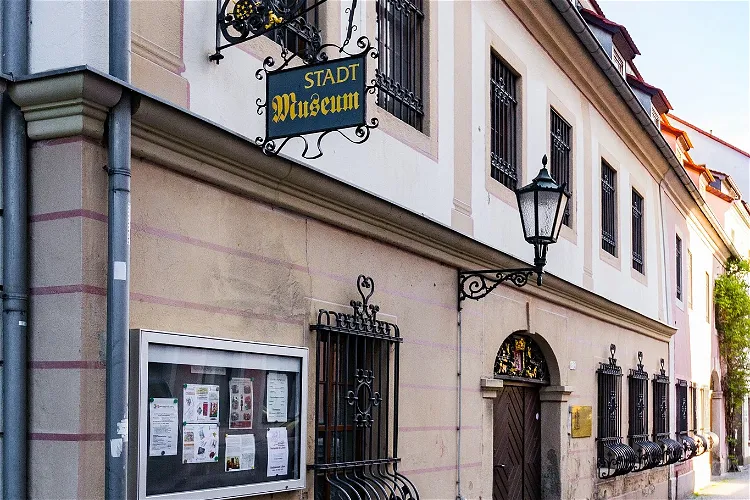
Stadtmuseum Löbau
LöbauThe Stadtmuseum Löbau, established in 1894, is a repository of cultural-historical and natural history objects. The collection spans a wide range of fields, including prehistory around the Löbauer Berg, sacred art, city history, history of the Six Cities League, folklore, crafts, trade and industry, (Upper Lusatian) furniture, and works of fine art. This diverse collection provides a comprehensive insight into the rich history and culture of the region.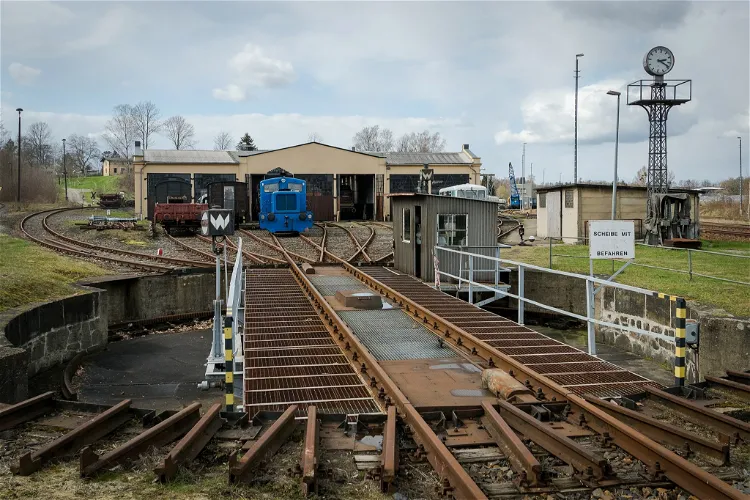
Maschinenhaus Löbau
LöbauThe Maschinenhaus Löbau is a railway museum situated in the station of Löbau, Saxony. It is located on the site of the former railway depot, providing visitors with a unique insight into the history and development of the railway industry in the region. The museum is managed by the Ostsächsische Eisenbahnfreunde (OSEF), a group of East Saxon railway enthusiasts.
Kraftfahrzeug- und Technik-Museum Cunewalde
CunewaldeThe Kraftfahrzeug- und Technik-Museum Cunewalde is an automobile museum located in Saxony. It is managed by the Oberlausitzer Kfz.-Veteranen Club e. V. and was inaugurated in the year 2000. This museum is a great place for automobile enthusiasts and history buffs to explore the evolution of vehicles over the years.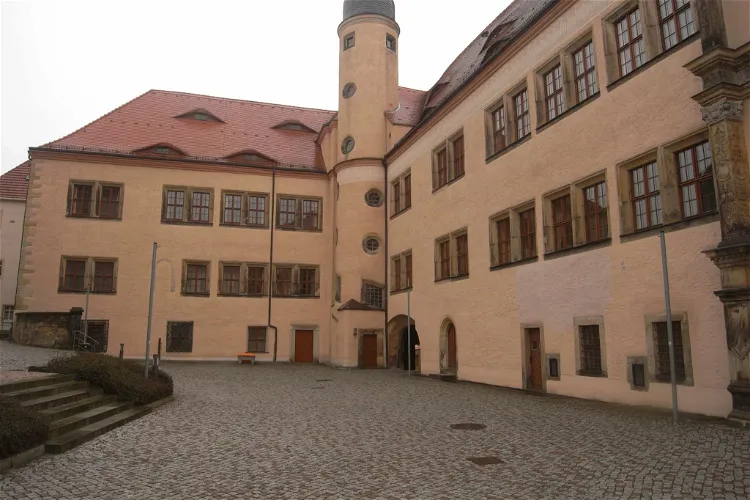
MiBERZ – Museum für mittelalterlichen Bergbau im Erzgebirge
DippoldiswaldeThe Museum für mittelalterlichen Bergbau im Erzgebirge, situated in Dippoldiswalde, is a unique destination that offers a glimpse into the ancient mining history of the region. The museum, which opened its doors on August 24, 2018, houses a collection of archaeological findings that were discovered beneath the city. These artifacts provide valuable insights into the mining practices and techniques used during the Middle Ages.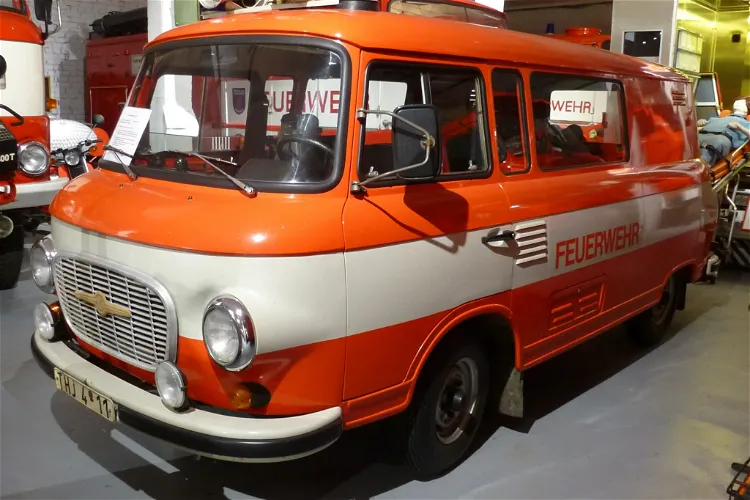
Sächsisches Feuerwehrmuseum Zeithain
ZeithainThe Sächsisches Feuerwehrmuseum Zeithain, located in Saxony, is a museum dedicated to the history of firefighting. It was opened by the Feuerwehrhistorik Riesa association on August 20, 1994. This museum provides an insight into the evolution of firefighting techniques and equipment over the years.- 52
Saxon Brewery Museum Rechernberg
Rechenberg-BienenmühleA beautiful historical brewery that offers guided tours showcasing its 400-years-old equipment and also its delicious beers. - 53
Heimatmuseum Wilsdruff
WilsdruffThe Heimatmuseum Wilsdruff, which was once known as the Heimatsammlung Wilsdruff, was established by Artur Kühne and Alfred Ranft. This local and natural history collection was opened to the public in 1919. The museum has been housed in the ground floor of the current Oberschule am Gezinge in Wilsdruff since its inception.